Labour seemed to finally grab hold of the narrative as Chancellor Rachel Reeves set out the new government’s spending plans.
She noted at the outset that the country had voted for change.
Voters will now be assessing whether Ms Reeves lived up to the promise based on the decisions announced on Wednesday.
New Scottish Labour MPs have much to shout about after budget
I previously wrote that Sir Keir Starmer’s first 100 days as prime minister would be remembered for the disastrous decision to announce cuts to the Winter Fuel Payment in isolation.
But the budget will have given newly minted Scottish Labour MPs much to shout about as they return to their constituencies.
While imperfect, in part because of the corner the party backed itself into on the public finances, the spending plans included a shot of optimism.
Labour had no choice but to raise taxes
Inevitably, the Chancellor had no choice but to raise taxes. She had to finely balance the need to protect those struggling to make ends meet with the necessity of raising more cash for the public coffers.
Despite strong criticism from the opposition, Ms Reeves clearly believes taking unpopular decisions now will put the country on a path to growth.
Choosing to raise revenue and increase public spending marks a clear break from the past 14 years of Conservative government. Even if raising employers’ national insurance contributions could prove particularly risky for Labour.
It may force businesses to curtail expansion plans or even row back on pay rises.
Tax rises may be seen as necessary by public
It is a decision which may come to be accepted as a necessary evil – sold as a way to improve the public services, particularly the NHS, that so many feel are fundamentally broken.
While the Conservative attack on the choices made by the Chancellor were predictable, the SNP response was just peculiar.
Stephen Flynn, the leader of the party’s much-reduced Westminster flank, railed against “tax hikes” while saying his side were “winning the argument” for increased investment in the NHS.
It’s no surprise Scottish Secretary Ian Murray laughed off the response in a post-budget briefing with reporters.
Scots pay the highest rate of income tax in the UK and the SNP has consistently called for increased public spending from Westminster.
SNP look both ways of tax and public spending
Mr Flynn cannot have it both ways. It is impossible to call for more public spending while attacking revenue raising tax rises.
The public are likely to see through this as political gamesmanship.
In Scotland, Holyrood insiders predict the Scottish Government’s budget will benefit to the tune of £1.5 billion this year, and £3.5 billion next year, as a result of the announcements from Ms Reeves.
Scottish Labour sources say they will now put significant pressure on the Scottish Government to ensure the money is spent well.
“This is the most significant investment in Scotland in the devolution era and parliament will ensure the SNP use it to get to the heart of the serious issues facing Scots,” one party source told me.
Those challenges are undeniable.
Challenge now moves to Holyrood
Throughout the election, I heard Scots say time and again that they felt like nothing in Scotland really worked as it should anymore.
Most of us were more than understanding of the incredible pressure Covid-19 put on our public services.
But two years on, voters used the ballot box in July to show they were clearly fed up of the pandemic being used as an excuse.
The result of the General Election made that clear.
Both the Conservatives and the SNP were severely punished after nearly two decades in power north and south of the border.
Rather than vote left or right, voters headed to the polls with their quality of life in mind.
After 17 years of SNP dominance at Holyrood, and 14 years of Tory governments in Westminster, their judgement of how each party had performed was loud and clear.
One budget will not solve years of underfunding and misspending. Nor will it completely reverse the decay that has left many public services crumbling.
The true test for the government is whether Rachel Reeves’ gamble that it will set the country on the right path will pay out.
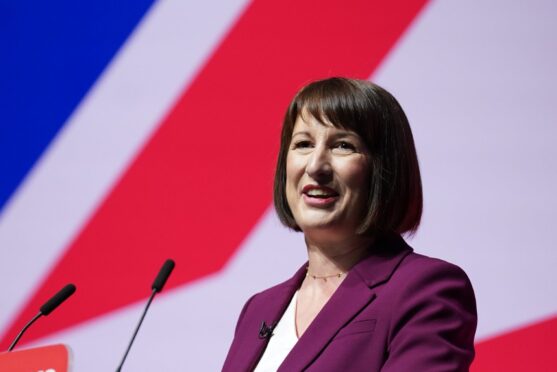
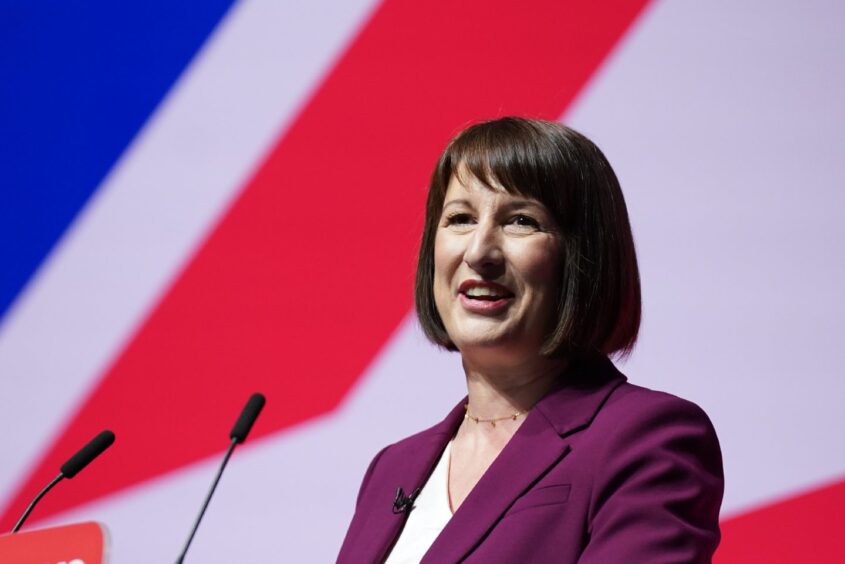
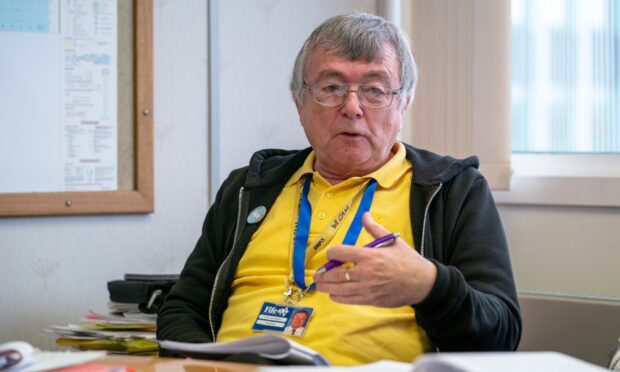

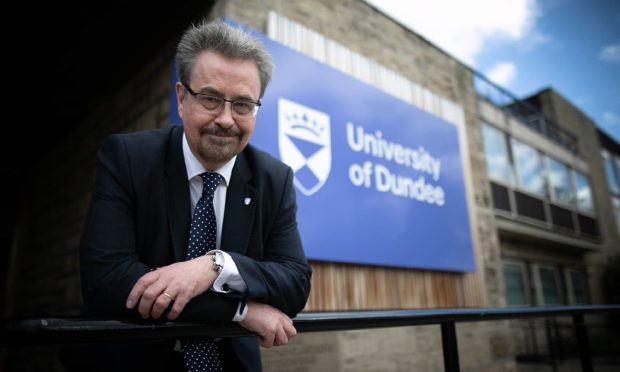



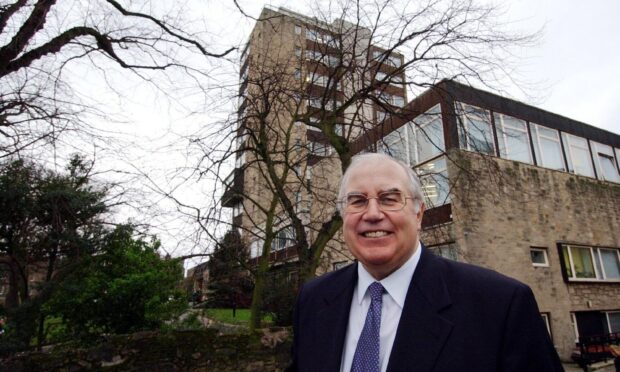
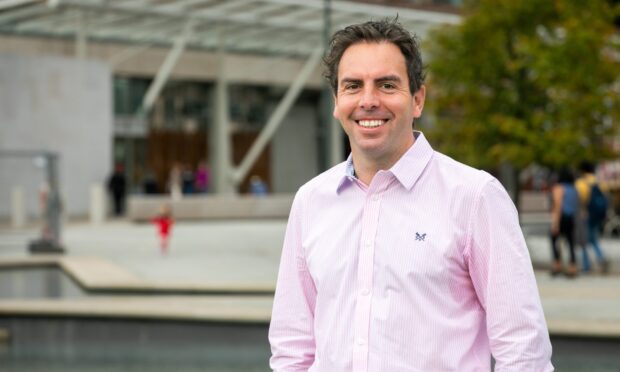
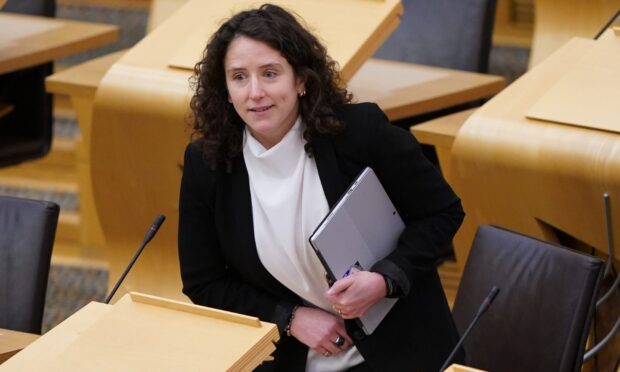
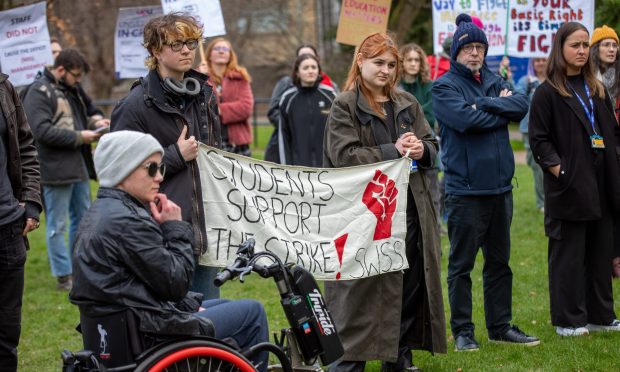
Conversation